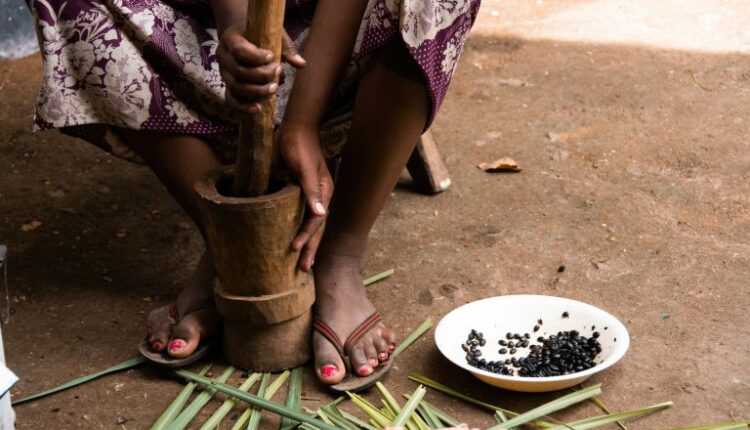Ripple Effect: Working To Empower Women In Coffee-Growing Communities – CoffeeTalk
The Borgen Project, a UK-based charity dedicated to sustainable farming and enterprise development, has been working with the Starbucks Foundation since 2021 to combat poverty and empower smallholder farming communities in Ethiopia’s Bensa District. The project began in 2021 with an approved proposal to the Starbucks Foundation and a needs assessment led by the Ripple Effect research team. The assessment revealed that many people in Bonbe, Shantawene, and Huro-Tibiro villages lived below the poverty line, facing food insecurity, gender inequality, and low income, with traditional farming practices further limiting their agricultural potential.
Smallholder farmers represent 80% of all coffee farms worldwide and contribute about 60% of the total market supply of coffee. Despite their central role, 44% of coffee farmers still live in poverty. They often have little control in the supply chain and face unstable income due to price volatility. Mesfin pointed out that coffee-growing women in Bensa face similar challenges, often not receiving the fair prices they deserve for their crops. The presence of multiple intermediaries in the value chain dilutes much of the profit before it ever reaches the farmers. For many of these women, coffee is their primary source of income, yet it often falls short of meeting their families’ needs, leaving them unable to secure a stable livelihood through coffee farming alone.
To address these challenges, Ripple Effect worked directly with 1,350 farming families to achieve the project’s goals of food security, women’s socio-economic empowerment, and diversified family incomes. These strategies encompassed knowledge and training in value addition, value chain activities, harvest management, and sustainable farming practices. Ripple Effect also aimed to help communities explore alternative income-generating opportunities, such as growing vegetable seeds for both subsistence and sale. Additionally, marginalized women, who often lack access to financial institutions, were organized into self-help groups (SHGs), enabling them to form savings and credit associations that supported the growth of profitable businesses. Experience-sharing visits to communities that had made significant progress gave participants direct insights into how to apply similar strategies in their communities.
The project launched a dedicated platform offering social inclusion training aimed at reducing gender inequalities. By equipping women in Bensa with the skills and confidence to assume leadership roles and control assets and income at both household and community levels, the project laid the groundwork for lasting change. On average worldwide, women reinvest 90% of their income into their families and communities, compared to just 30-40% by men. In leadership, women prioritize inclusive policies that provide marginalized groups with access to education, health care, financial services, and economic opportunities, boosting productivity and community wealth.
The project took a holistic approach, allowing Ripple Effect to address multiple challenges at once. It aimed to improve income through financial literacy training, boost business growth through entrepreneurial upskilling, and promote sustainable land management. However, addressing gender inequality was essential to achieving meaningful outcomes.
Ripple Effect built sustainability into the project’s foundation, building a network of local institutions capable of driving community development and improving livelihoods long after the project’s end. These CLAs are well-connected with government institutions, other community-based organizations, and farming training centers, providing ongoing access to support and affordable resources.
Read More @ Borgen
Source: Coffee Talk



